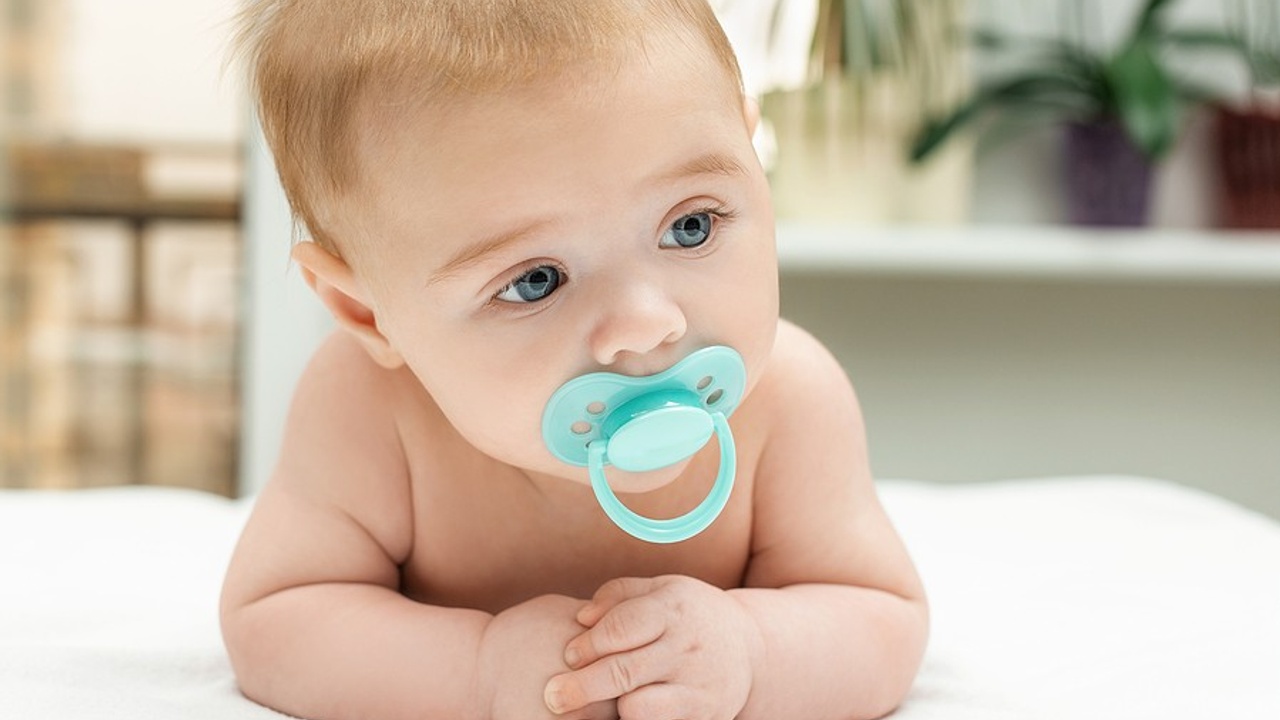Pacifiers: Are they okay for your baby?

The great thing about this particular topic is we know that babies have an insatiable desire to suckle. By nature, their sucking reflex oftentimes begins in the womb. Sonograms have even shown depictions of babies sucking their fingers or toes. It is a very natural intuition they are born with. However, once they arrive earth-side, it is important to evaluate the decision to give them a pacifier and whether or not doing so would do more harm than good in the long run.
A few studies have been conducted to weigh the pros and cons of babies using a pacifier. Ultimately, the choice is up to the parents. Nonetheless, it is important to have the research handy to influence these important decisions.
According to an Infant and Toddler Health article written by the staff at the Mayo Clinic (https://www.mayoclinic.org/healthy-lifestyle/infant-and-toddler-health/in-depth/pacifiers/art-20048140), there is a variation of benefits and risks in using a pacifier. Let’s take a look at what they had to list for their pros and cons.
The pros
For some babies, pacifiers are the key to contentment between feedings. Consider the advantages:
- A pacifier might soothe a fussy baby. Some babies are happiest when they're sucking on something.
- A pacifier offers temporary distraction. A pacifier might come in handy during and after shots, blood tests, or other procedures.
- A pacifier might help your baby fall asleep. If your baby has trouble settling down, a pacifier might do the trick.
- A pacifier might ease discomfort during flights. Babies can't intentionally "pop" their ears by swallowing or yawning to relieve ear pain caused by air pressure changes. Sucking on a pacifier might help.
- A pacifier might help reduce the risk of sudden infant death syndrome (SIDS). Sucking on a pacifier at nap time and bedtime might reduce the risk of SIDS.
- Pacifiers are disposable. When it's time to stop using pacifiers, you can throw them away. If your child prefers to suck on their thumb or fingers, it might be more difficult to break the habit.
The cons
Of course, pacifiers have pitfalls as well. Consider the drawbacks:
- Your baby might become dependent on the pacifier. If your baby uses a pacifier to sleep, you might face middle-of-the-night crying spells when the pacifier falls out of your baby's mouth.
- Pacifier use might increase the risk of middle ear infections. However, rates of middle ear infections are generally lowest from birth to age 6 months — when the risk of SIDS is the highest, and your baby might be most interested in a pacifier.
- Prolonged pacifier use might lead to dental problems. Normal pacifier use during the first few years of life generally doesn't cause long-term dental problems. However, prolonged pacifier use might cause a child's teeth to be misaligned.
- Pacifier use might disrupt breastfeeding. If you're breastfeeding, you might wait to offer a pacifier until your baby is 3 to 4 weeks old and you've settled into a nursing routine. However, a review of unrestricted pacifier uses in healthy, full-term infants found that it had no impact on the continuation of breastfeeding.
Of course, upon evaluating all the information here and making your informed decision, what comes next is the importance of figuring out when it is best to wean your baby off of the pacifier. Once again, this article gives a great response in providing insight to assess.
“The risks of pacifier use begin to outweigh the benefits as your baby gets older. While most kids stop using pacifiers on their own between ages 2 and 4, others need help breaking the habit. Use praise when your child chooses not to use the pacifier. If your child has difficulty giving up the pacifier, consider asking your child's doctor or dentist for help.”
As always, consulting your medical care provider is of the utmost importance in making informed decisions for you and your family. Knowing that you are doing what is best for your baby provides a certain level of comfort and offers great confidence in your parenting choices.

